If you are wondering what all the hype is about, Best CBD Oils created this ultimate guide to CBD to bring you up to speed.
CBD is a product that has been taking the world by storm. The industry has exploded over the past two years, and the products can be found everywhere from convenience stores to health food shops to even your local pharmacy or supplement shop. Cannabis advocates, natural health fanatics, and everyone in between have been talking about CBD.
This wellness product is all the rage right now, and it may have piqued your interest. If you’re someone who is wondering what CBD is, why it’s so popular, if it’s even legal, and what it can do for you, then this is the guide for you. We’re going to introduce CBD and its effects, and address some of the most common questions about this omnipresent product.
What Is CBD?
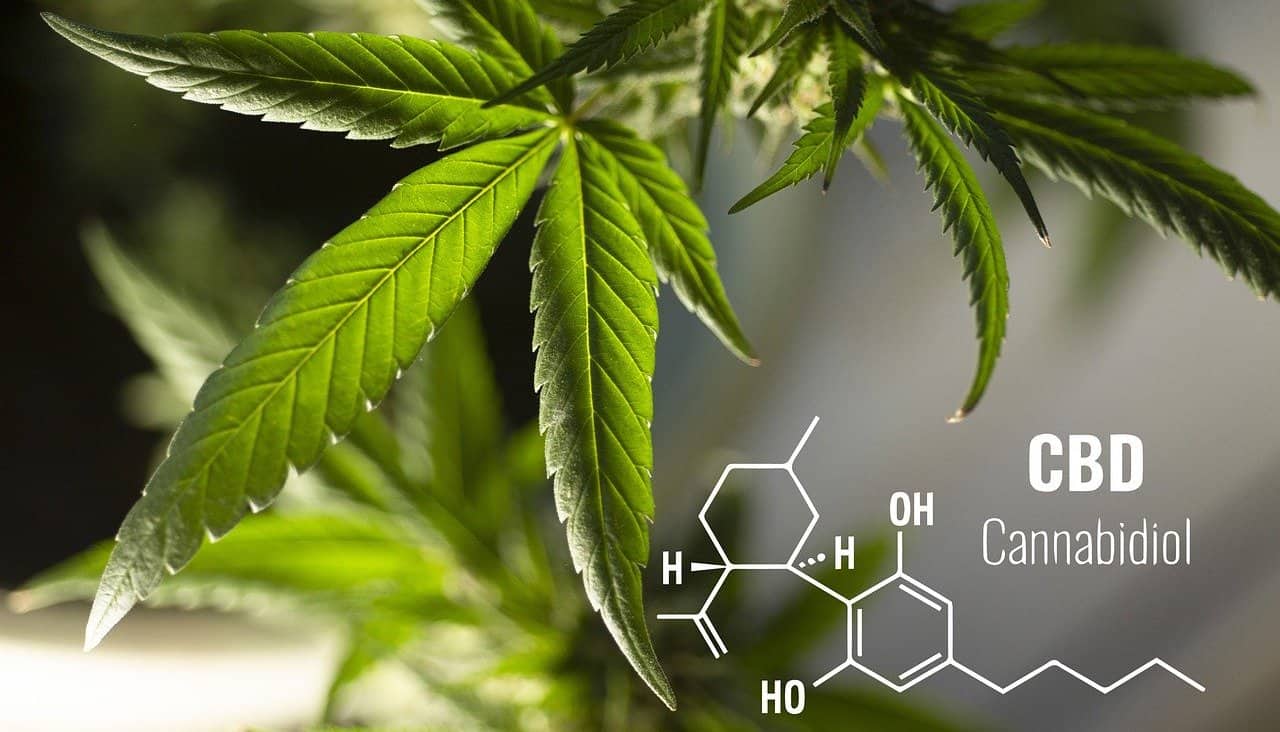
CBD is short for cannabidiol. It is one of the most abundant cannabinoids that naturally occur in cannabis plants. It is primarily found in the flowers and leaves, but it can be extracted from any part of the plant.
Cannabinoids are chemical compounds found in cannabis plants. There is a lot of debate about how many cannabinoids there truly are; estimates can range from 144 all the way up to 468. While the amount of different cannabinoids is something the jury is still out on, there is no question that these compounds can have profound effects on our bodies and minds.
The most famous cannabinoid is THC, short for tetrahydrocannabinol. THC is the cannabinoid that makes the cannabis plant psychoactive—the one that gets you high. THC is the most prevalent cannabinoid in the marijuana plant, but CBD, found in the Industrial hemp plant, comes in second place. CBD is completely nonpsychoactive in nature and has been widely used for centuries for its healing properties.
While CBD is a cannabinoid, it doesn’t affect your body in the same way that THC does. Recent changes in legislation have made it easier to research and more widely available, which has contributed to its rise in popularity.
Where Does CBD Come From?
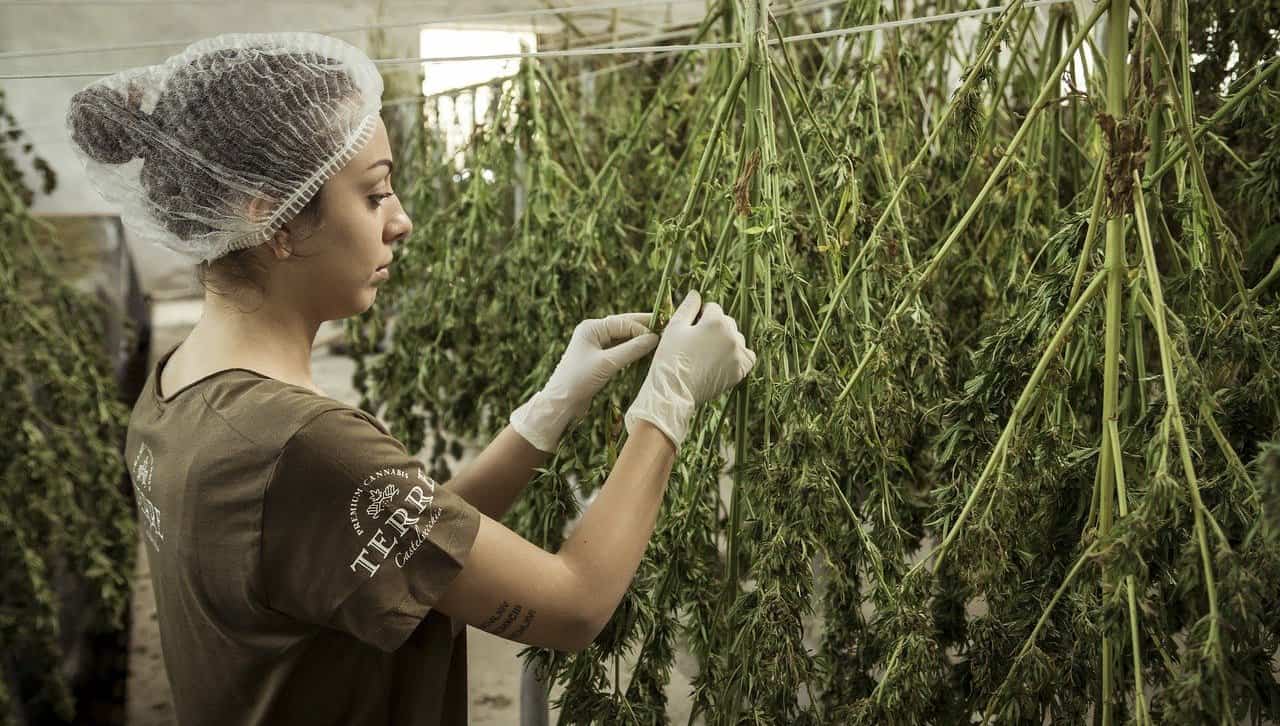
The simplest answer is that CBD comes from hemp plants. However, there is a little bit more to the story. CBD, since it is a cannabinoid, comes from the cannabis plant. There are a lot of misconceptions about the cannabis plant, and the term is often used interchangeably with marijuana, but this isn’t exactly correct.
Cannabis is a term that refers to any of three different plants in the Cannabaceae family. These are Cannabis sativa, Cannabis indica, and Cannabis ruderalis. CBD is present in all three of them but mostly found in Cannabis sativa plants. It is also found in both male and female plants unlike THC, which is only present in female Cannabis sativa and Cannabis indica plants.
Most CBD that we encounter on the market today is found in hemp rather than marijuana. Hemp can also sometimes be referred to as industrial hemp, these terms generally refer to the same thing when it comes to CBD.
Hemp VS. Marijuana
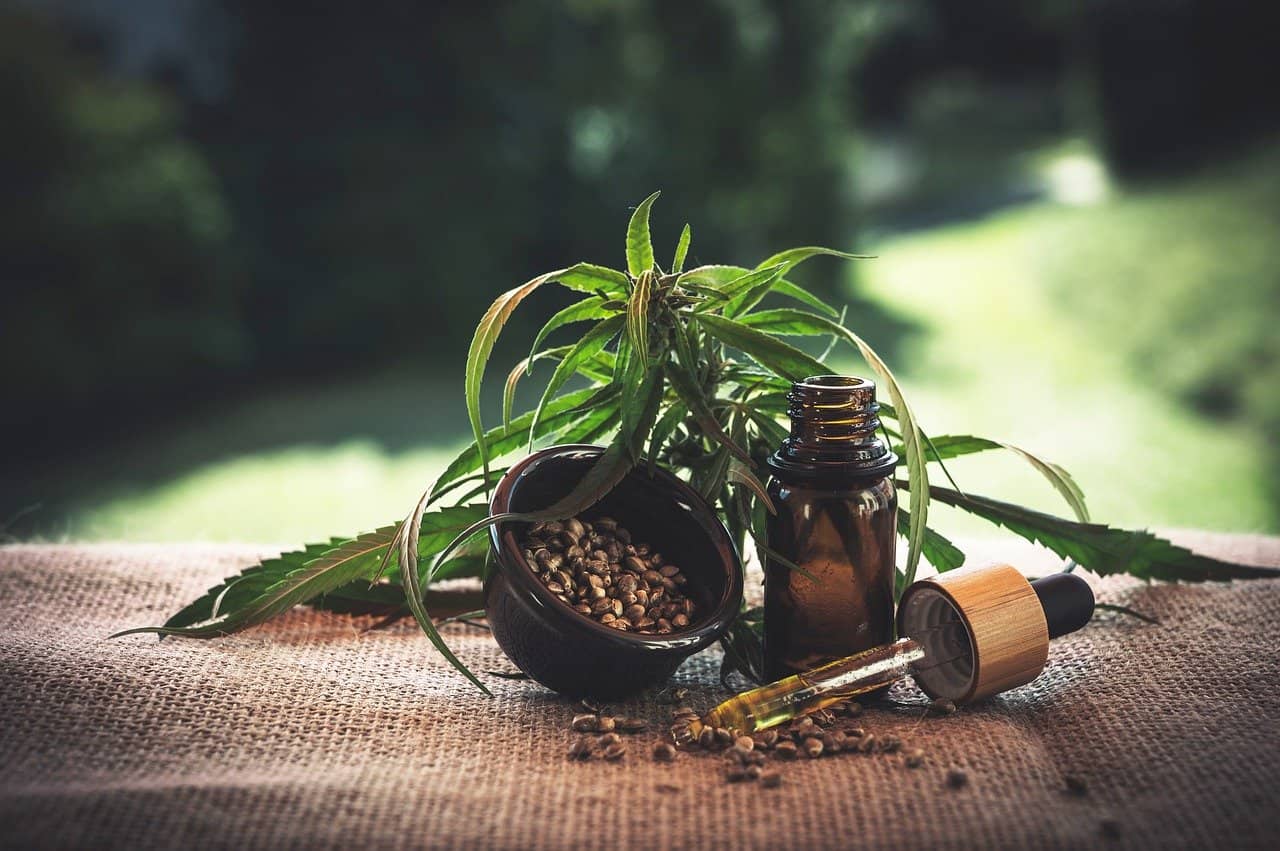
Even though there are misconceptions about the cannabis plant and the actual taxonomy of it, we generally consider marijuana and hemp to be different plants. In reality, they’re the same plant. Marijuana is a term that refers to cannabis plants with a higher concentration of THC. Hemp and industrial hemp are interchangeable terms that refer to cannabis plants that have less than 0.3% THC by volume.
Most of the time, marijuana plants are used specifically for their THC even though CBD is still present. Hemp plants, which naturally contain less THC, have an abundance of CBD. Many hemp plants are grown specifically to produce higher concentrations of CBD, especially now that the product has become so widely used. This is part of the reason why we say CBD comes from hemp.
Here in America, as well as many other countries around the world, marijuana and the use of THC remain illegal. Hemp, however, is not subject to the same regulations because there is little to no THC present in those plants. This is the other reason why we say that CBD comes from the hemp plant.
As a general rule, most of the CBD that you can find on the market and all of the CBD that you’ll consume is hemp derived.
CBD Extraction
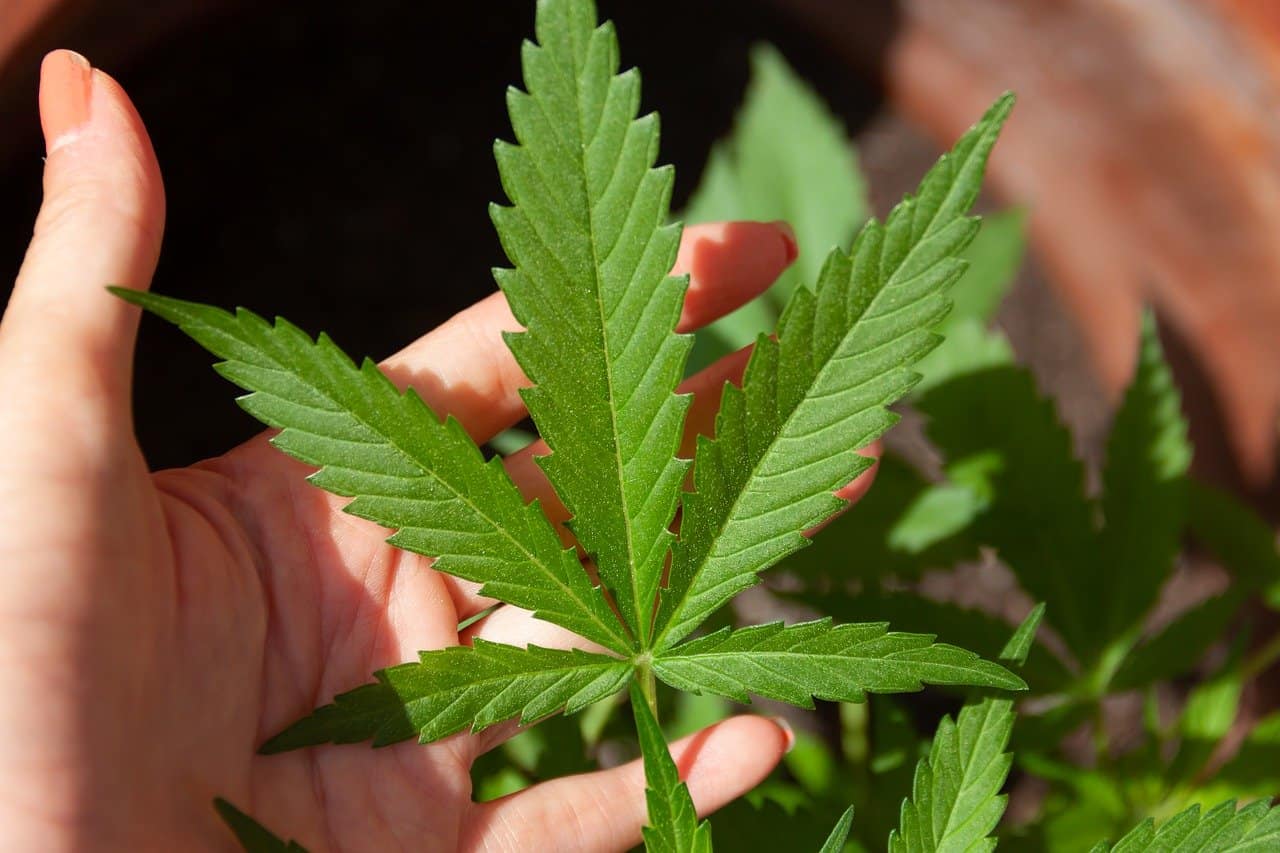
Once the source hemp is harvested, extraction is how CBD companies are able to pull the CBD out of the plant material. There are a variety of ways of doing this, like solvent extraction with hydrocarbons, alcohol, or carrier oils. The most effective extraction method for CBD oil is CO2 extraction.
CO2 extraction uses carbon dioxide instead of any harsh chemicals or oils. This reduces the chances of the oil being contaminated, eliminates the need for additional preservatives, and provides consumers with the purest possible product. The benefits and cost-efficiency of CO2 extraction have made it the industry standard.
Carbon dioxide that is subjected to specific temperature and pressure turns into a liquid that is run through dried hemp to pull out all of the cannabinoids and other compounds in the plant. The resulting solution is full-spectrum CBD oil that can be used as is or further filtered down to the desired level of purity for the end product.
The History of CBD
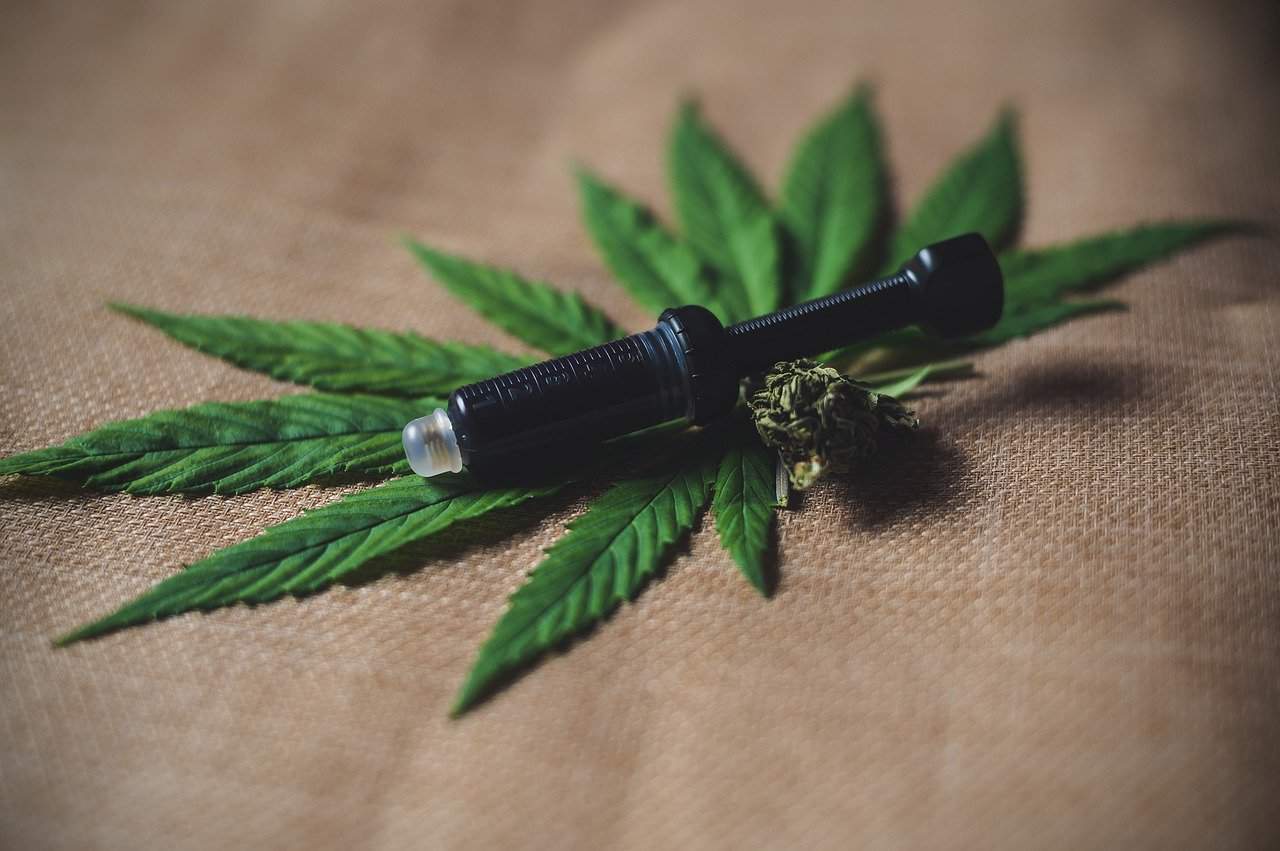
The use of medical marijuana or the broader use of cannabis is something that has been extensively well documented throughout history. The recent boom in the popularity and use of CBD can lead one to believe that all of these discoveries are fairly new, but that isn’t true at all. In fact, the first recorded use of cannabis as medicine dates all the way back to 2737 BCE.
Emperor Sheng Neng in China was reported to have relied on cannabis-infused tea to help with health problems like malaria, gout, and more. There is also evidence that Britain’s Queen Victoria used CBD to help with some of her own health problems during her reign.
The Early Years
The first time that researchers ever considered the health benefits of cannabis as a whole was in 1839, when an Irish physician published a study that investigated the therapeutic effects of the plant. That study was the beginning of a very long exploration of cannabis and the chemical compounds found within it that is still ongoing today.
The first individual cannabinoid was discovered by a British scientist in 1940, and that was cannabinol (CBN). Cannabidiol was the second cannabinoid to be discovered, and it was the first one that could be successfully isolated from the plant, which happened in 1942 thanks to the work of Roger Adams, an organic chemist who attended Harvard University and was working at the University of Illinois at the time.
Our modern understanding of CBD first began in 1946, when the first lab tests on the effects of CBD began. Those tests revealed a lot about the cannabinoid, but the key takeaway was that it did not produce the altered mental state that we associate with marijuana use. The first CBD oil created and implemented for medical use was added to the British Pharmacopoeia in the 1970s.
CBD in the Modern Day
Raphael Mechoulam, a prominent researcher in cannabis history, discovered the chemical structure of CBD and started to discover the use of CBD as a treatment for epilepsy. However, there was a lot of social and legislative turmoil surrounding cannabis by the time the study was ready to publish. Similar scientific breakthroughs were happening in America as well.
The Federal Comprehensive Drug Abuse Prevention and Control Act came into effect in 1970, bringing almost all research to a screeching halt. The classification of marijuana as a Schedule 1 substance made researching any types or parts of the plant significantly more difficult. CBD faded out of the public eye quickly, even as a handful of states started pushing for the legalization of medical marijuana.
The Resurgence of CBD
In 2013, a medical breakthrough made national news and led us to where we are today. The miraculous story surrounds a young girl named Charlotte Figi who had a rare seizure disorder called Dravet’s Syndrome that caused her to have several hundred seizures a week. She was given CBD, and it completely mitigated all of her symptoms. This new information about CBD’s potential medicinal uses propelled many states into action, resulting in the legalization of the medical use of CBD.
It also propelled Congress into action. The 2014 Farm Bill legally separated hemp from marijuana, classifying hemp officially as cannabis plants with less than 0.3% THC content. In addition to making it easier to cultivate hemp, the bill established pilot programs for the research of hemp as well. This set the stage for a lot of changes.
A few years later, the lengthy process of securing FDA approval for CBD was set into motion, and the 2018 Farm Bill was passed. The 2018 Farm Bill fully legalized hemp and fully legalized the production, sale, and consumption of any cannabinoids that were legally sourced from hemp. The research, production, and use of CBD has skyrocketed since then.
The Legality of CBD
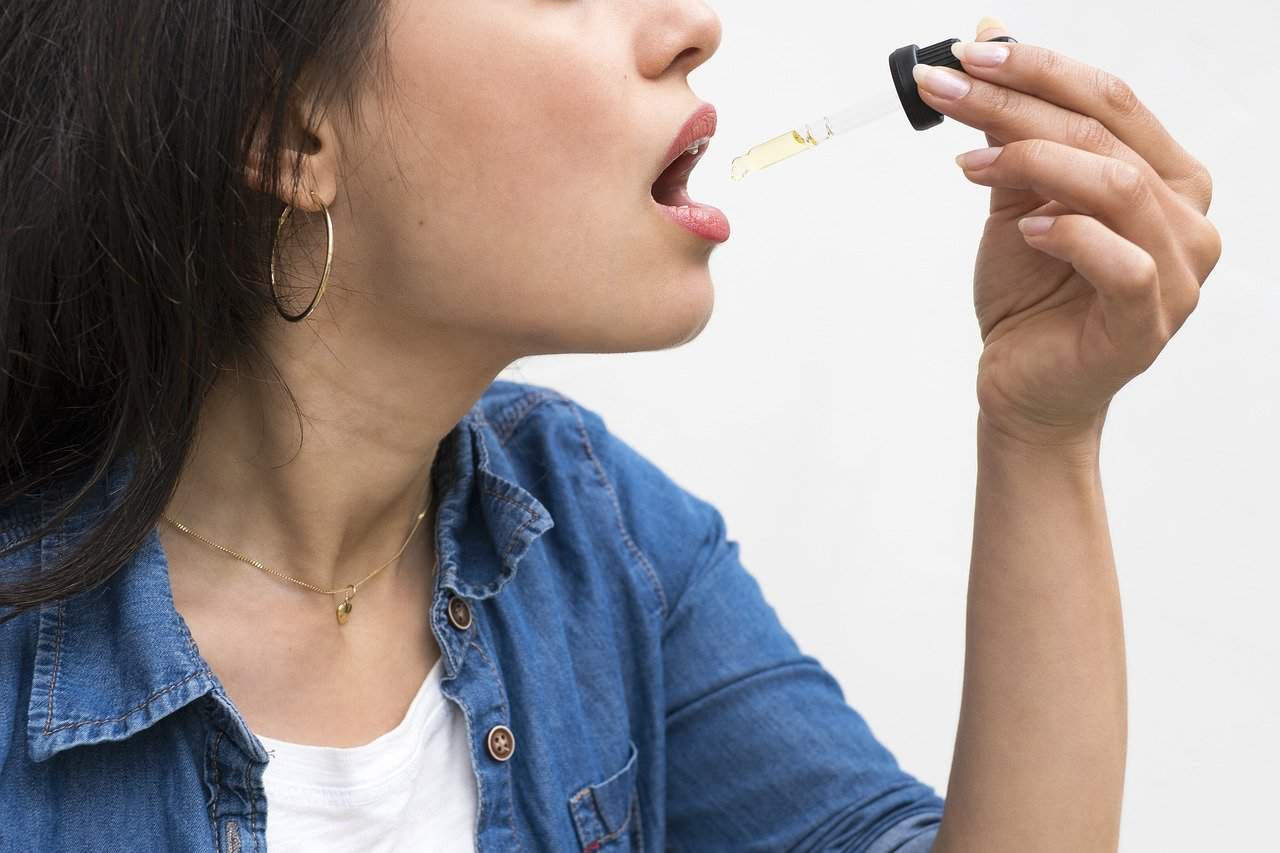
Even though science and the law have come a long way, there is still a lot of stigma and misunderstanding that surround CBD products because of where they come from. In short, yes, CBD is legal.
The longer story is that CBD is legal if it meets certain criteria. The 2018 Farm Bill made hemp an “agricultural commodity” and absolved it of the Schedule I status attached to marijuana. It legally defined hemp and its THC content, and made hemp and hemp-derived products completely legal. If the CBD that you purchase and consume is hemp-derived and has less than 0.3% THC present, it is completely federally legal.
There are some states that impose additional restrictions on the purchase and consumption of CBD, though. Even though you are acting in accordance with federal law, you may be subject to your state’s separate regulations.
Legality by State
States Where CBD Is Legal with No Conditions: Alaska, Arkansas, California, Colorado, Connecticut, Georgia, Indiana, Louisiana, Maine, Maryland, Massachusetts, Michigan, Montana, Nebraska, Nevada, New Mexico, North Dakota, Oregon, Pennsylvania, Rhode Island, South Carolina, Tennessee, Vermont, Washington, Washington, D.C., and Wyoming.
States Where CBD Is Legal with Conditions: Alabama, Arizona, Delaware, Florida, Hawaii, Idaho, Illinois, Iowa, Kansas, Kentucky, Minnesota, Mississippi, Missouri, New Hampshire, New Jersey, New York, North Carolina, Ohio, Oklahoma, South Dakota, Texas, Utah, Virginia, West Virginia, and Wisconsin.
The majority of states that add additional restrictions in their own laws go on to clarify that only CBD derived from hemp can be used for consumers, marijuana-derived hemp is reserved for medical marijuana patients, they may place more stringent rules on the limits of THC content in CBD products. In rare cases, some states require a prescription from your doctor for you to obtain CBD.
The Science of CBD
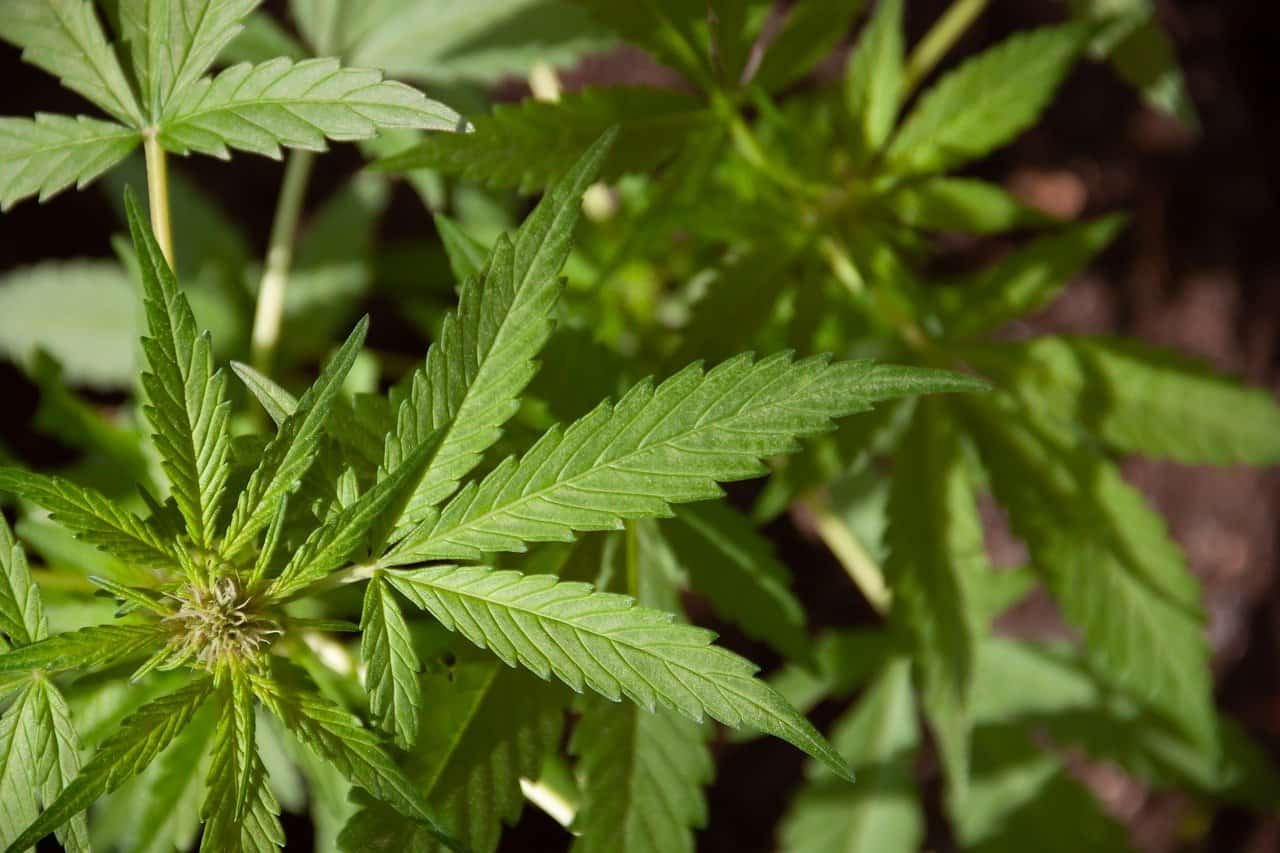
Reflecting on the history of CBD, you can see that the modern science of this cannabinoid dates back more than half a century. Since the beginning, studies on CBD have explored it’s potential as a treatment for anxiety, schizophrenia, irritable bowel syndrom (IBS), high blood pressure, pain, and so much more.
The history of our understanding of how CBD and other cannabinoids interact with our bodies doesn’t stretch back that far. It began in Jerusalem at the Hebrew University in 1992 by two of Raphael Mechoulam’s postdoctoral scholars, Dr. Lumir Hanus and Dr. William Devane, who discovered anandamide in the human body, which is an endocannabinoid.
Endocannabinoids are chemical compounds that are now known to interact with the cannabinoid receptors in our bodies. Several endocannabinoids were discovered in short succession, and in studying the way they traveled and were used by our bodies, a previously unknown signaling system was found inside us. This system is now known as the endocannabinoid system.
The Endocannabinoid System
The endocannabinoid system, or ECS, is the name that was given to the biological system responsible for the creation of those endocannabinoid neurotransmitters and the cannabinoid receptors in our bodies. It is part of our central and peripheral nervous systems.
Understanding how CBD works starts with understanding the three components of the ECS, which are receptors, enzymes, and endocannabinoids. There are two types of receptors, CB1 and CB2. CB1 receptors can be found in the central nervous system in the brain and other places throughout the body.
These affect our memory, mood, appetite, pain response, and a range of other bodily functions. CB2 receptors are in the peripheral nervous system, typically found in the immune and gastrointestinal system. These primarily affect inflammation and pain response.
Endocannabinoid Conversion to Enzymes
There are two types of enzymes that break down endocannabinoids so they can bind these receptors. When endocannabinoids are broken down by these enzymes, they can work in our bodies to help maintain homeostasis. They do so by helping our bodies to heal and by regulating a variety of bodily functions.
Homeostasis is a technical term that essentially means balance. It is officially defined as a “the ability to maintain a relatively stable internal state.” Even if you’re not taking CBD, your ECS is functioning this way all the time. Taking CBD is a way to support your ECS by introducing cannabinoids into your body. CBD helps our ECS use our endocannabinoids more effectively, among other things.
CBD is known for its extensive list of benefits and potential benefits, which can make it seem too good to be true at times. The key to how CBD can do so much for us is through the understanding of the function of our endocannabinoid system. The symptoms that CBD can counteract are all symptoms of a lack of balance in the body in some way, and using CBD is a way to support the healing and recalibration of our bodies.
Modern CBD Research and the Future
Ever since the 2018 Farm Bill opened doors for cannabinoid research, science has been strongly and steadily progressing. Research has found out a lot of interesting information about CBD from the way that it can help counteract the negative side effects of THC to the way that it could show promise for treating addiction. CBD has been found to help with a variety of health conditions like fibromyalgia, IBS, and diabetes. It may offer cancer patients support throughout their treatment as well.
Research has also found that CBD may hold promise for mental health issues. It has demonstrated antipsychotic properties and could be effective in the mitigation and treatment of schizophrenia. Scientific studies of CBD use among patients with PTSD, social anxiety, and depression showed improvement. Even for those who do not live with mental illness, CBD can improve mood and cognitive function.
There have been a plethora of studies into the uses and benefits of CBD. Researchers are continuing to look into the ways that CBD can be used to treat ALS and multiple sclerosis as well as improve our productivity.
The Benefits of CBD
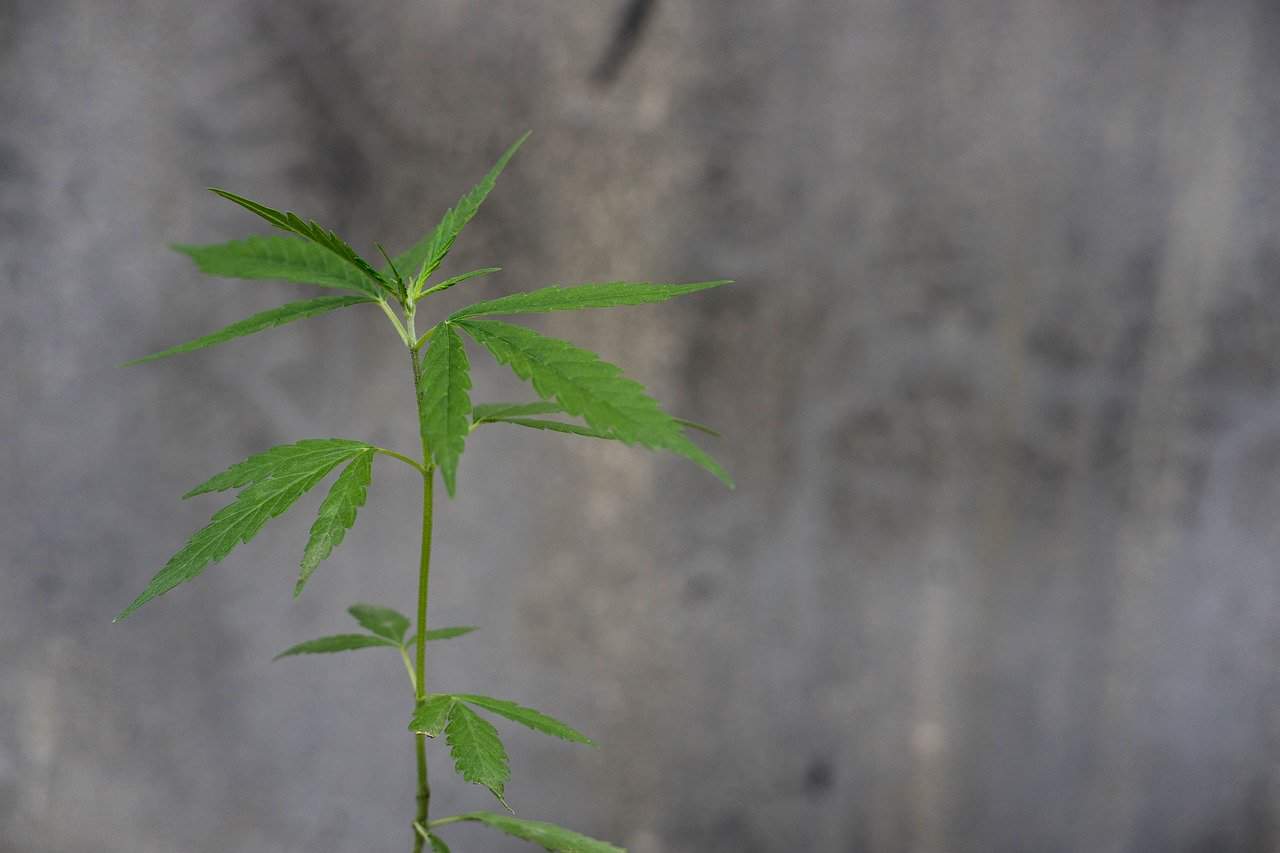
The benefits of CBD are evangelized all across the internet. Just a few minutes of research will tell you that CBD is good for almost everything. You’ve already read about how that can be possible because of the way the endocannabinoid system functions, but it can still feel too good to be true.
In this section, we’re going to go over the ways that CBD may help with a variety of issues and the way you can use it to improve your health and wellness even if you don’t have health problems.
Physical Benefits of CBD
The most well-documented benefits of CBD are the physical benefits that it provides.
CBD may be great for pain relief. Pain is the biggest reason that people seek out and use CBD. It has been known for a long time to have analgesic properties. Pain is a symptom of a lot of different underlying problems. It is also one of the more difficult symptoms to treat for a variety of reasons.
Due to the widespread problem with opioid addiction, it has gotten more difficult for patients to secure treatment for pain. On top of that, traditional pain medications can come with a lot of unwelcome side effects. CBD oil is a treatment for pain that doesn’t have any risk of addiction and has no psychotropic effects that come with some other treatments.
CBD can reduce certain types of chronic pain. Chronic pain can be caused by neuropathy, fibromyalgia, EDS, sciatica, old injuries, and a ton of other maladies. Managing chronic pain is something that a lot of people all over the country struggle with at all ages. Several studies have concluded that CBD oil can be useful in treating these types of pain.
Clinical Trials and Research
More than a dozen clinical trials have also led to similar conclusions. CBD is a safe and effective way to help manage long-term problems like chronic pain because it has no risk of addiction and it is very well tolerated over long periods with no evidence of significant impairment or side effects associated with its use.
You can use CBD for acute pain. CBD’s analgesic effects are not limited just to chronic pain. You can also use CBD to combat acute pain like the kind you’d experience with a sprain, general soreness, or some kind of athletic injury. Usually, you would use a topical or transdermal CBD product and apply it directly to the affected area.
CBD fights inflammation. Another extensively studied benefit that you can get with CBD oil is that it is a great anti-inflammatory. Acute and chronic inflammation can cause pain, long-term health problems, and damage to the body. Whenever you experience inflammation, your body is going to fight that inflammation by engaging your immune system.
The Amazing Benefits of CBD
CBD can promote muscle recovery. CBD has been shown to be a muscle relaxer. The way that it does this in the body is by limiting the number of messages that your central nervous system can send to your muscles after a workout. Those chemical messages are what lead to the soreness and stiffness you may experience after a workout, so when CBD blocks those messages, it helps keep you from getting sore or stiff.
Most athletes use a CBD cream for this, applying it to the muscles they targeted during their workouts. CBD helps those muscles relax, decreases the amount of time they take to recover, and protects your muscles from becoming overworked.
CBD may be potentially helpful in treating cancer. Cannabinoids have shown promise as a treatment for cancer from the beginning, which is what opened the conversation about the use of medical marijuana in the first place. Now that CBD research is easier to conduct, scientists have discovered a lot more about its uses in supporting cancer treatment.
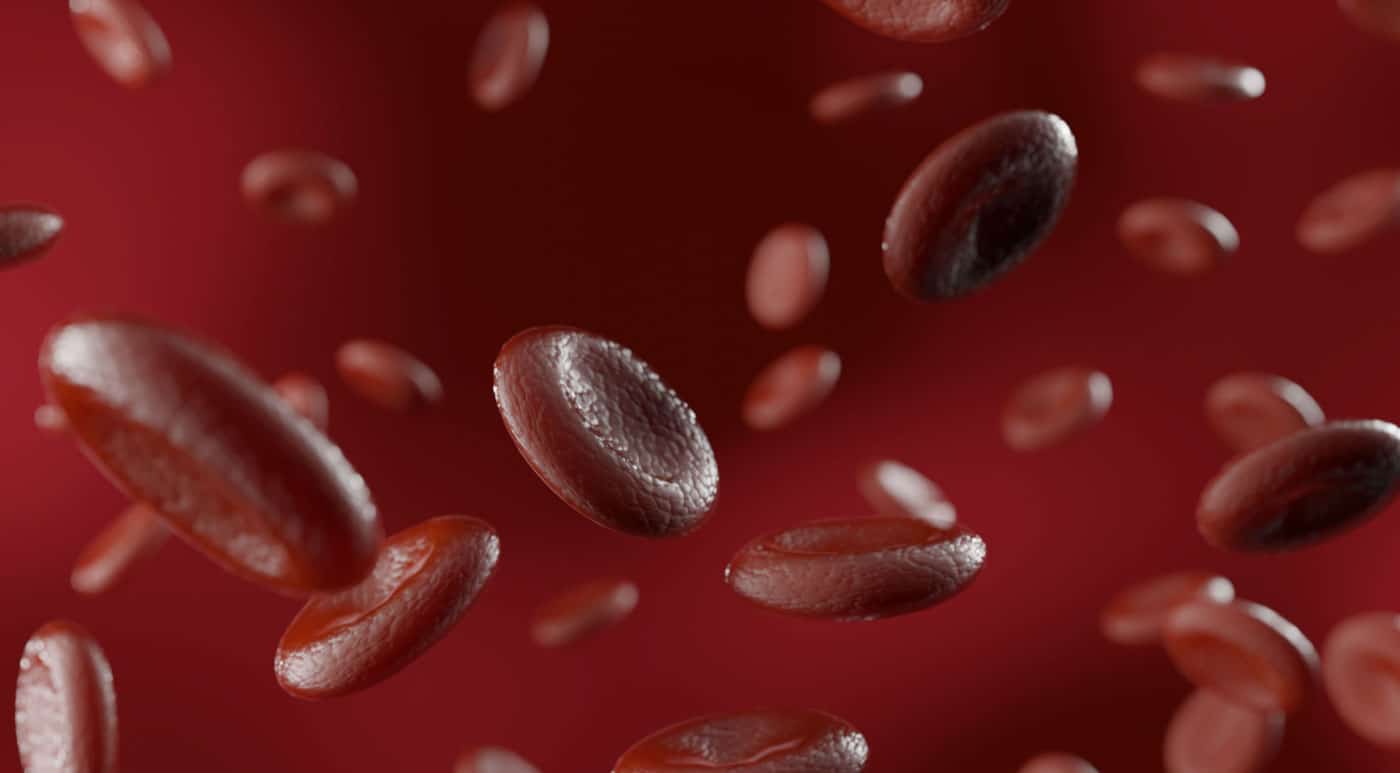
Certain cancer cells, such as blood, thyroid, and cervical cancer cells, have died when exposed to CBD in a lab environment. CBD has been studied as a way to help reduce the size of tumors associated with breast and prostate cancers, and it can also support traditional cancer treatments by helping improve the efficacy of conventional methods. On top of that, many symptoms of cancer treatment like nausea and chronic pain can be reduced with CBD.
CBD helps with nausea and vomiting. There are a lot of conditions and even necessary medications that can lead to feelings of nausea or, at worst, cause you to get sick. Scientists have found evidence that our endocannabinoid system plays a role in regulating nausea and vomiting.
Additional Uses for CBD
More studies need to be done; however, one study found that CBD was effective in relieving nausea in rats. Humans using CBD may find that it can reduce nausea, help keep them from vomiting, and can even prevent nausea that they may experience regularly from a health problem or medication.
CBD helps stop headaches and migraines. Chronic headaches and migraines can be completely debilitating for people who suffer from them. There is not a lot of research on the subject, but existing studies have provided scientists with a lot of insight into CBD as a treatment for this type of problem.
A study of about 50 patients found that CBD resulted in an overall 55% decrease in pain caused by migraines and chronic headaches. The efficacy of CBD as a treatment method was on par with pharmaceuticals currently being used but provided added benefits like reducing the intensity of pain when it did occur as well as not having any undesirable side effects.
CBD has amazing neuroprotective properties. CBD has been shown to increase neuroplasticity, which supports the growth of new neurons in the brain. This means that CBD can be used to help guard the brain against the deterioration that can be caused by a variety of neurodegenerative conditions.
Studies have found that the neuroprotective properties of CBD can help protect against brain injury, promote healing in the brain, reduce brain inflammation, and slow down degenerative diseases in the brain. Patients with Parkinson’s, multiple sclerosis, and similar disorders that cause deterioration in the brain could benefit from taking CBD to help protect their brains and aid in regeneration and healing.
Mental Benefits of CBD
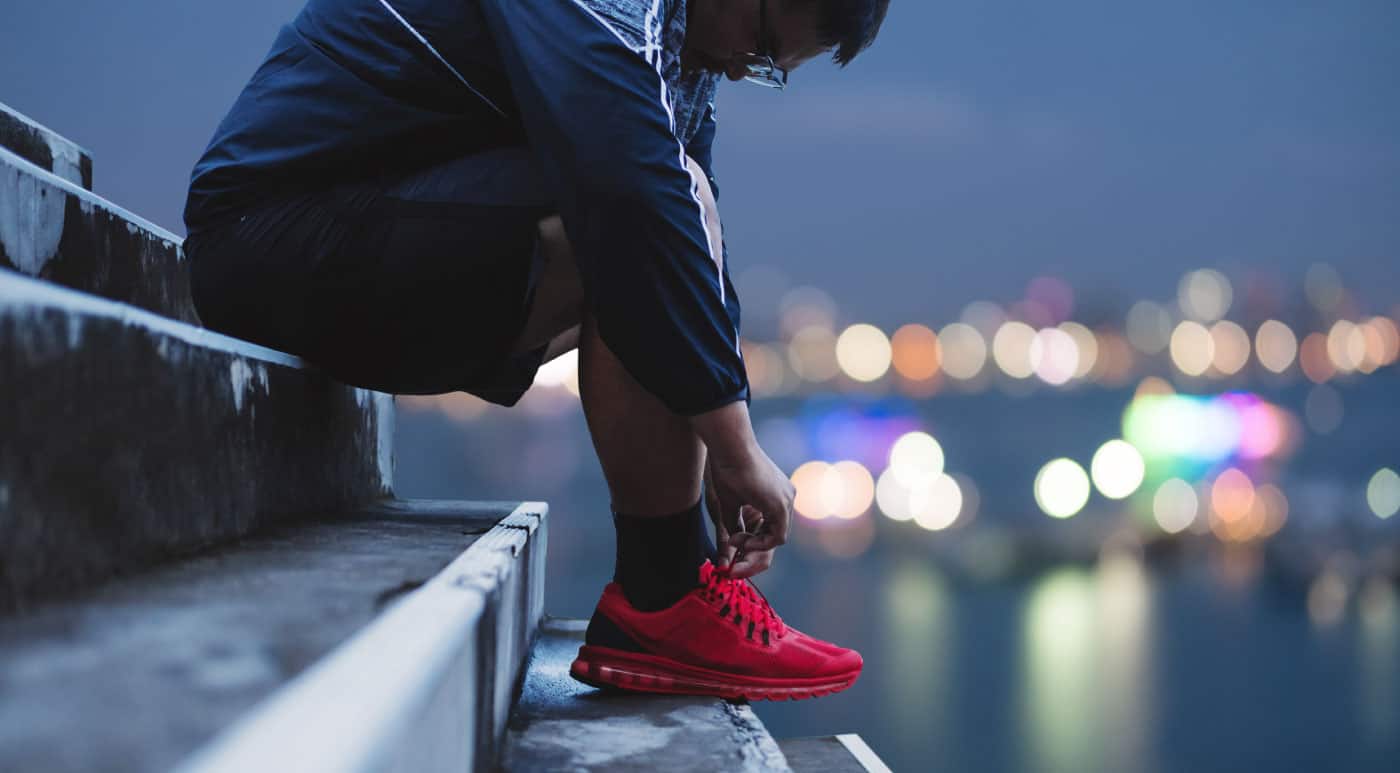
Since CBD has become more widely available and more widely studied, people are starting to understand that it provides a lot of mental benefits as well.
Using CBD may reduce stress. Stress is extremely damaging to the body and can lead to heart problems, brain problems, obesity, and even reduce the life expectancy of people who deal with high levels of stress over long periods of time. CBD has been studied as a way to help combat stress for a while because it is known to help boost your mood, which you will read more about later on.
CBD and Sleep
It also helps promote restful sleep and can help lower blood pressure. The way that CBD has been shown to work in those ways, along with the way it interacts with our brain chemistry, make it a very promising way of helping people reduce stress in their daily lives. CBD is great for acute stressors as well because it doesn’t come with the damaging effects that can be associated with other methods of relieving acute stress, like drinking alcohol or using drugs.
CBD may help you sleep if you have insomnia. CBD is a great answer for people suffering from insomnia. Lack of sleep can lead to a lot of the same health problems as stress, and they can be very draining. Over-the-counter sleep aid products are usually just made up of diphenhydramine, which is the active ingredient in Benadryl.
Sleeping pills of any kind can lead to addiction, feelings of drowsiness throughout the day, as well as other side effects. Using CBD is a natural way to help relax your body and mind to help you get the sleep that you need. On top of that, CBD doesn’t just knock you out as a sleeping medication would. Instead, CBD works in the body to help you regulate your circadian rhythm, so you can have a healthy sleep schedule and not feel tired during the day.
CBD and Anxiety
CBD may be useful for anxiety. Anxiety is one of the most prevalent health issues in the country, whether it is from an anxiety disorder or acute anxiety, such as people who experience problems with public speaking or panic attacks. The most common medications used to treat anxiety are SSRIs and benzodiazepines.
Both of these can have undesirable side effects, and some anxiety medications have a high potential for addiction and abuse. CBD works on a particular set of receptors in the brain that provide anxiolytic effects and can also reduce the body’s immune response to stress. CBD also helps promote the release of dopamine, which may be deficient in those with anxiety. One of the best ways to use CBD for acute anxiety is through vaping because this provides the fastest delivery of CBD to your bloodstream after use.
CBD and Depression
CBD can work similarly to some kinds of antidepressants. SSRIs, which are also used to treat anxiety disorders, are most commonly used as antidepressants. A lot of people see good results with SSRIs, but they can come with side effects that impact sleep, appetite, and sexual function. CBD has been shown to work in the brain to help it use serotonin more effectively, the same way an SSRI does.
This means that CBD can help us by reducing stress, stabilizing our mood, and ensuring that our brain is using the serotonin available to it properly. Schizophrenia and other psychotic disorders are also being studied, and the early conclusions are that CBD may be helpful with those conditions as well. You also do not have to be concerned about any significant adverse side effects when using CBD.
CBD and Other Mental Disorders
CBD may be useful in helping combat the symptoms of post-traumatic stress disorder (PTSD). PTSD is one of the most complex mental health problems that someone can experience. It is a long-term condition that can cause symptoms of depression, anxiety, obsessive-compulsive disorder, psychosis, and other mental illnesses.
Someone with PTSD can experience nightmares that disrupt sleep, flashbacks of their traumas, chronic stress when there is no external cause for it, and fatigue. The way that CBD helps regulate our bodies and increases our brain’s ability to make and use key neurotransmitters make it a promising option for PTSD. Even since the advent of medical marijuana, cannabis has been used in treating PTSD.
CBD can help patients with executive dysfunctions. Executive dysfunctions like ADHD and autism spectrum disorder can leave individuals struggling to focus or deal with social anxiety, and can cause more severe problems like depression. CBD is documented for its ability to help fight anxiety and depression, and promote better sleep.
However, CBD is also being studied for the way it helps our brains focus on a specific task and how it can help reduce the time it takes us to get “in the zone” when trying to focus. Many people who live with ADHD turn to cannabis to alleviate their symptoms, legally and illegally. CBD, just like with PTSD, provides sufferers with a safe, legal alternative to improve their conditions. ADHD patients are known to have a lack of dopamine, which is a neurotransmitter that CBD helps our brains to release.
CBD and Promoting Wellness
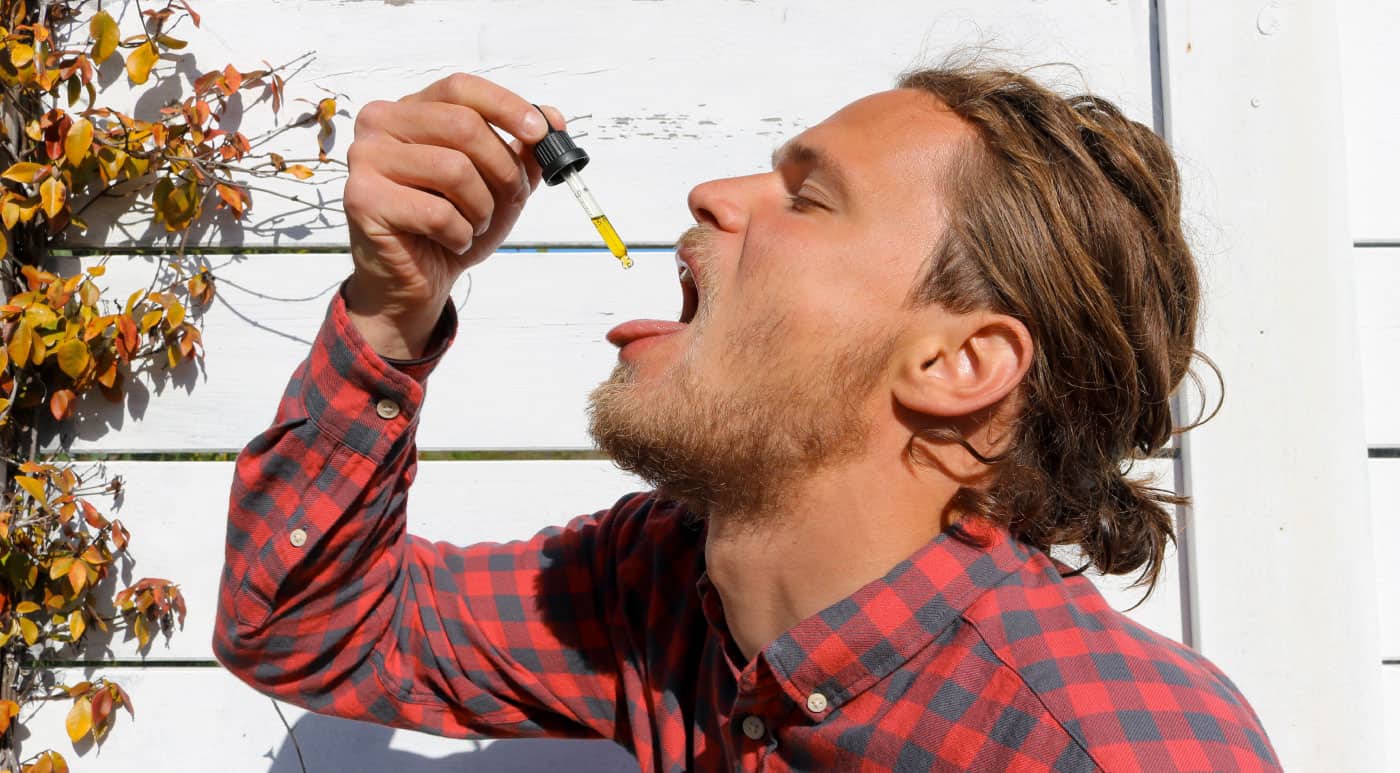
There are also a variety of other conditions CBD may help. Even if you’re not dealing with a health condition you’d like to treat with CBD, you can experience some awesome benefits from using it.
CBD can improve your mood. One study of CBD found that it helps combat two very specific symptoms associated with depression, which are hyperactivity and anhedonia. Hyperactivity is usually caused by feelings of intense boredom rather than an inability to focus, and anhedonia refers to the feeling of not enjoying things that you typically enjoy.
While these are common with depression and anxiety, helping kick these symptoms to the curb is one big way that CBD can be used to improve your mood. It also promotes general feelings of relaxation and well-being, reduces the body’s stress response, and can relieve any aches or pains that can bring your mood down. Taking CBD even if you’re not dealing with any mental health issues can still provide you with the same mood-boosting benefits by making sure your brain chemistry is where it needs to be.
CBD, the Heart, and the Body
CBD promotes heart health. The endocannabinoid system is located all throughout our bodies and plays a role in a lot of different bodily functions. Some studies conducted over the past decade have found that CBD may be really beneficial for your heart.
The evidence showed that CBD helps reduce cardiovascular tension, regulates the death and survival of white blood cells, and can decrease the probability of a stroke. Most doctors believe that this is a result of the way that CBD helps reduce inflammation and support our immune system rather than providing any specific benefits to the heart. Even though that is likely the case, CBD may boost your cardiovascular health.
CBD may help those recovering from addiction. Addiction is one of the most pressing health crises in America today. There are a lot of things that lead to addiction, like chronic pain and other physical and mental factors. No matter the cause, recovery can be a very intense undertaking for anyone who has ever battled addiction.
CBD, Recovery, and Metabolism
Research shows that CBD may be able to provide those people with vital support during their recovery. CBD has been shown to help reduce the symptoms of opioid withdrawal by helping alleviate nausea, stress, anxiety, depression, and sleep. It can also support the body through the process of recovering from addiction. Another study, though it was small, showed that CBD may help people stop smoking cigarettes.
Consuming CBD may help with digestion. The CB2 receptors that help make up our endocannabinoid system can be found in abundance in our gastrointestinal system. Science has been able to conclude that the ECS plays a pretty big role in the way we digest food and the way our guts function. CBD can help reduce the inflammation of the gastrointestinal system that is present in IBS, inflammatory bowel disease, celiac disease, and colorectal cancer. CBD also helps regulate your appetite and metabolism.
This means that CBD can help those who deal with a lack of appetite as a result of a medical condition or as a side effect of a medication they’re taking. It can also help with weight loss because the way the cannabinoid works for us is by helping our bodies create balance. Instead of just creating an appetite or decreasing your appetite, the CBD will help regulate this so that you can eat the amount your body needs.
CBD applied topically may reduce certain types of acne. CBD is anti-inflammatory, packed with antioxidants and plenty of other great things that our skin needs. It can help reduce bacteria on the surface of the skin, reduce the irritation and inflammation that can be caused by blemishes or dry skin, and restore the barrier that helps our skin keep moisture in and gunk out. CBD can help regulate sebum production in the skin, fight free radicals that can lead to skin cancer, and can regulate the hormones that can make you break out.
How Do You Take CBD?
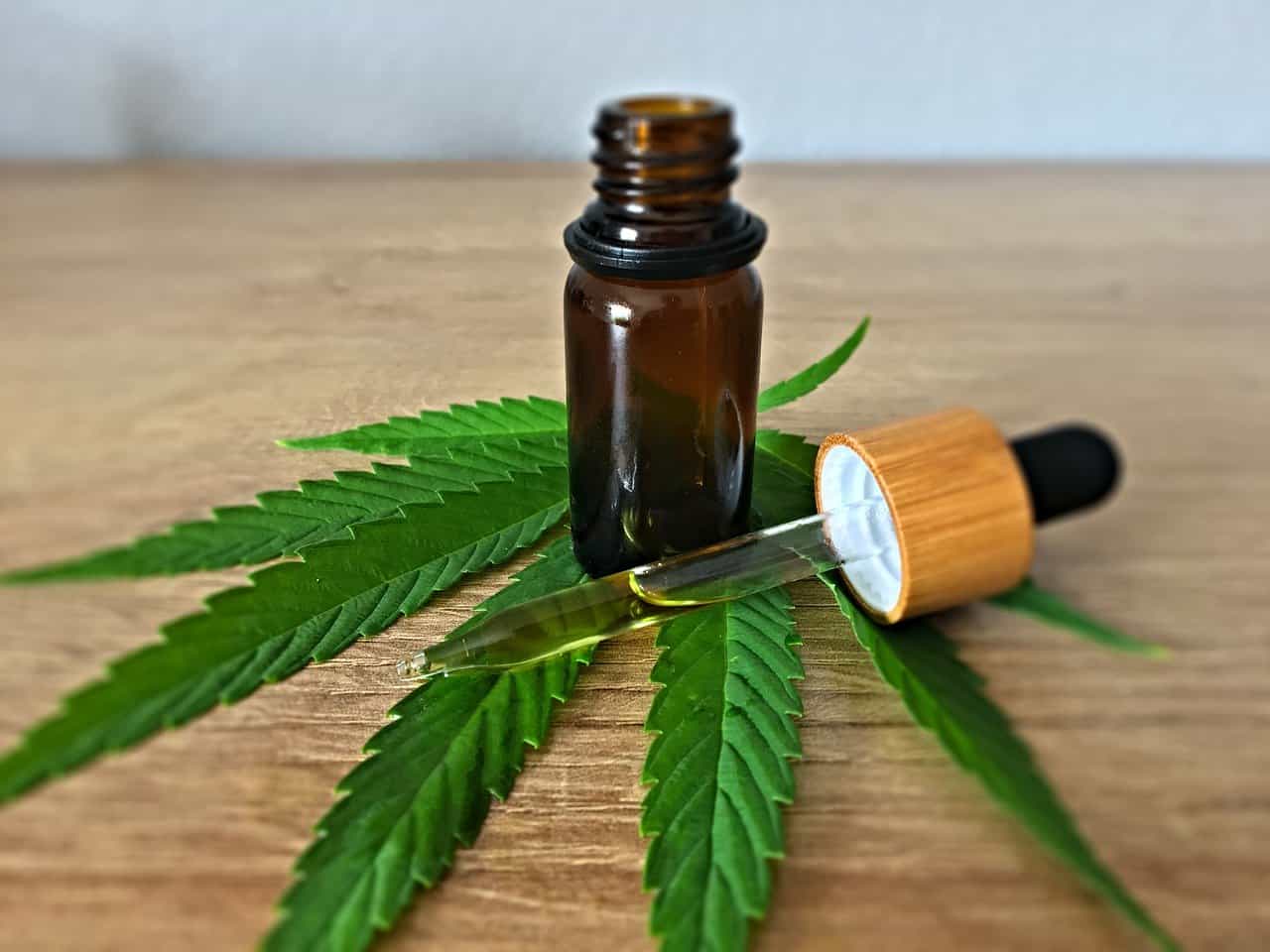
Because of how versatile CBD is, there are a lot of different ways that you can choose to use the product. The most common way to use the product is in a traditional oil, which is held sublingually (under the tongue) and then swallowed. However, the boom in CBD has caused a steady stream of innovative products that will allow you to customize your delivery method based on your needs and lifestyle.
Tinctures
CBD tinctures are sometimes called drops or even just CBD oils. This is the most common way that people use CBD and has been around the longest out of all of the methods. If you’re using a CBD tincture, you would measure out a dropper of CBD and then put it under your tongue. After a few seconds, you swallow the product. Sublingual application allows CBD to enter your bloodstream faster and the rest enters through digestion. Tinctures are available in a very broad range of doses and flavors.
Some companies offer CBD tinctures that are completely flavorless. These drops can be added to food or drinks as well, but this is not as common as just taking the oil on its own.
Topicals
Topical CBD products are another extremely popular way to use CBD. Topicals can come in the form of creams, lotions, balms, salves, gels, and more. Most of these products are designed to help with muscle and joint pain because they can be applied directly to the affected area. The CBD is absorbed through the skin and impacts the CB2 receptors. Some companies sell them in jars or tubes, while others have roll-on products that are comparable to something like Aspercreme but with CBD as the active ingredient.
Many topical CBD products include additional ingredients that can help target these types of pain, like arnica gel, menthol, or ginger. Many of them are cooling or warming when applied. CBD absorbs quickly into the skin and provides concentrated relief to a specific area.
Capsules
Capsules and tablets are becoming an increasingly popular way to take CBD. These products come in a pill or gel capsule that is easy to swallow and have no flavor. Some of them may include additional vitamins or supplements like B vitamins, melatonin, or calming herbs like lavender. CBD capsules are a great option for anyone who wants to get a specific dose of CBD but has a hard time measuring the doses with oils. Capsules come in a range of doses, from small to medium.
If you’re someone who already has a routine of taking vitamins or other medications, it can be really simple to add CBD to your routine this way. The only drawback with capsules is that they typically do not make them with significantly high doses that some users may need to get the results they want, which would mean you would just have to take more at once.
Vape Products
Vaping is an extremely popular method by which people ingest nicotine and THC, although there have been various health conditions associated with vaping. It only makes sense that you can also vape CBD. CBD vape products provide you with the fastest delivery of CBD to the bloodstream because they are inhaled directly into the lungs.
One thing to keep in mind when vaping CBD, though, is that you’ll be getting significantly smaller doses at once. This is a good method if you’re someone who already vapes regularly, wants to use CBD to help with symptoms very quickly, or prefers to microdose your CBD throughout the day. Remember that the presence of CBD does not negate some of the risks associated with vaping.
You can get disposable vape pens, pods that fit the most common closed-pod vape systems, and vape juices that you can add to a standard vape device. This is a fun way to take CBD because there is a wide variety of flavors to choose from, ranging from fruity to decadent dessert flavors as well as flavorless additives for the vape juice you already use.
Smoking Products
You can also smoke CBD! These products are becoming more popular now. Some brands will cultivate hemp, dry it, and sell the buds for you to smoke with a pipe or to roll into cigars. This can be a good method for someone who is already familiar with smoking cannabis or tobacco, or for anyone who wants to try something new. Similar to vaping, you need to consider the amount you will actually need to smoke in one sitting to get your desired dose.
You may be someone who likes to have an even amount of CBD throughout the day, and there are options out there for you, too. CBD cigarettes, made up of dry CBD flowers, have begun to hit the market. These are sold just like regular cigarettes and are pre-rolled with a filter, with each one delivering a specific dose of CBD. Keep in mind that the presence of CBD does not eliminate the risks associated with smoking.
Edibles
CBD edibles are available from a range of brands, too! The most commonly consumed CBD edibles are gummies, similar to gummy vitamins. You can also find CBD chocolate bars, CBD baked goods, CBD candy, lollipops, savory snacks, and more. This is a great way to take CBD regularly or even just every once in a while to help you to unwind and relax. Edible CBD products are going to come in specific doses and don’t really require any measuring or extra work on your part, making it easy for anyone to use.
Some people may find that edibles containing full-spectrum CBD with all the terpenes will have an earthy taste to them, similar to the taste or smell of marijuana. If this is completely undesirable to you, you can make sure the product you purchase is made with CBD isolate.
Beverages
CBD beverages are yet another way that taking CBD can be easy, fun, and pretty tasty. Brands make coffees, teas, water, juice drinks, and powdered drink mixes to add to water that all contain CBD. Most of these products contain CBD isolate so that the flavor of the drink isn’t impacted. You can find CBD energy drinks that contain caffeine and B vitamins to help boost your mood, energy levels, and focus. You can also find teas with a variety of different herbs, each blended to produce a certain effect through the synergy of the ingredients.
Isolates
CBD isolates are a type of product that, while way less common, is extremely versatile. You can buy CBD crystals or powder that are made by crystallizing pure CBD. This is going to give you the option to really customize your dose based on your needs because you can add the powder to a topical product or consume it orally as part of a drink, a meal, or on its own.
These products are usually completely tasteless and odorless, and give you the most concentrated CBD that you can possibly buy. These are definitely more suited for experienced users who are comfortable with measuring their doses and do not mind the extra work involved with using this type of product.
Personal Care Products
CBD is also known for its awesome benefits for our skin (which you read about earlier) and our hair. CBD companies make balms and salves that are made for the skin as well as lotions, soaps, hair care, massage oils, cosmetics, face masks, acne treatments, and even more. If you would like to use CBD to help with your acne, soothe your dry skin, or ease the symptoms of a skin condition, there are a ton of different products you can choose from.
Many of these products are going to be full of additional ingredients, of course, because of the nature of the products. Even though that is the case, you can still find very high-quality and natural products to use for your skin or hair. The dose of CBD for this type of product is usually much lower because the specific dose is less important when you’re using CBD in this way.
And More…
Even though we’ve covered a range of different CBD products, the list does go on. As more research and innovation continues, companies are finding new ways to use CBD oil. Chewing gum, transdermal patches, personal lubricant, lip balm, bath bombs, and even beer are all some of the latest products that have come out on the CBD market.
As time goes on, you can look forward to even more unique CBD products that will be developed for you to try.
Where Do You Buy CBD?
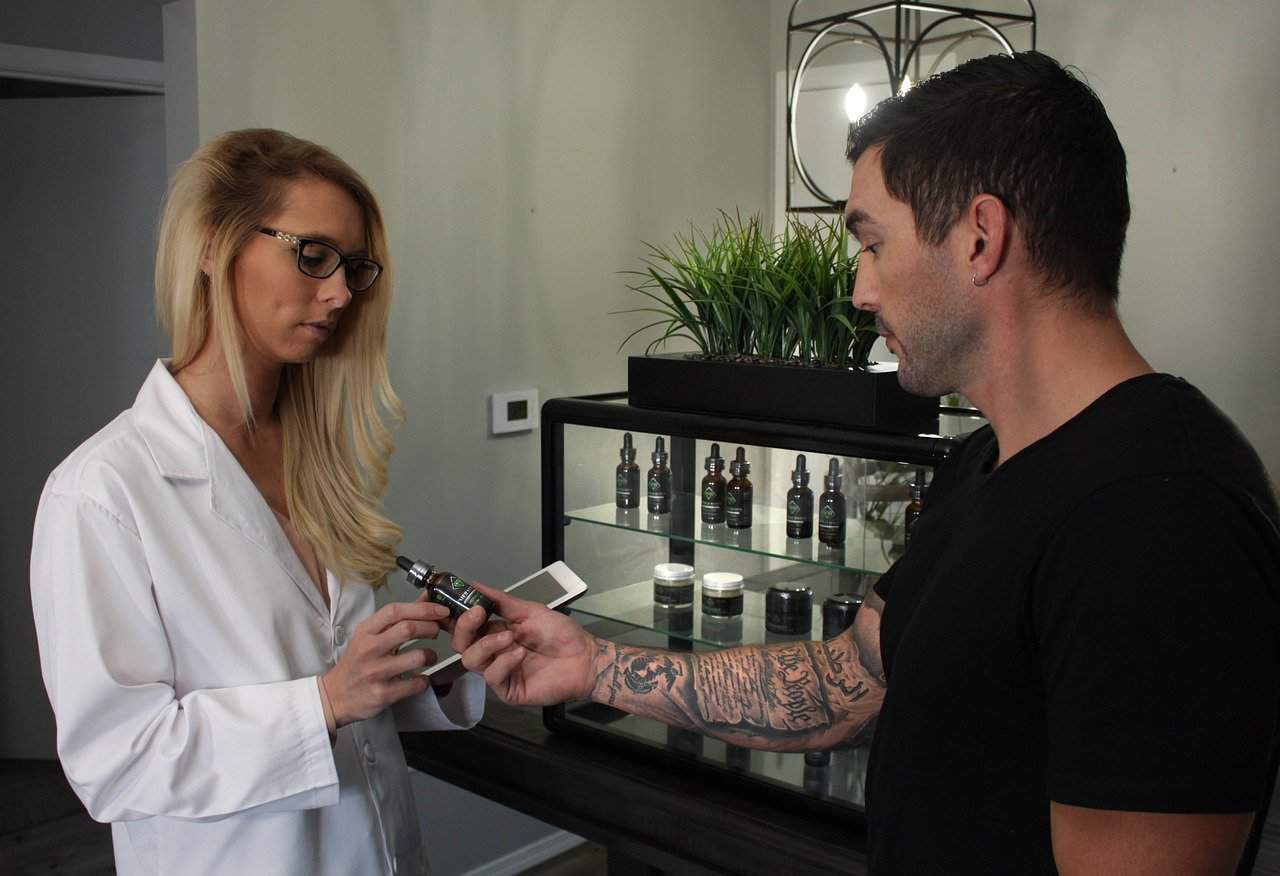
CBD can be found almost anywhere now. You have probably seen CBD at almost every gas station you’ve stopped at. You may be surprised to know that trendy retailers like Urban Outfitters have even started to carry CBD products, as have video stores and pharmacies like Walgreens and Rite Aid. You won’t have to look far if you want to get CBD at a store where you might shop every day. It might be better to purchase your CBD from a retailer that will be able to provide you some more information about the products, though.
One place where you can do so is at a specialty CBD shop or dispensary. If you live in a state that offers medical marijuana or has legalized recreational use, you should be able to easily find a dispensary in your area. The salespeople working at this type of shop are going to have the most robust knowledge of CBD and cannabis as a whole. They will be able to explain different products to you, make suggestions, and answer any questions that you may have.
If you’re not fortunate enough to have access to a dispensary, your next best bet is going to be a head shop or even a vape store. Head shops are stores that specialize in selling the paraphernalia needed to consume cannabis and loose tobacco.
Options for States without Dispensaries
It has become increasingly common for these shops to carry CBD products as well as other natural substances like kratom. Employees at this kind of shop may or may not have a lot of information to give you; however, this is where you’re going to find the best selection of CBD products if you do not have access to a dispensary. Vape shops may have a more limited supply, but many of them do carry CBD.
One other place where you may be able to track down some CBD if you prefer to make an in-person selection is a health food or natural-healing type of store. Large chains like Whole Foods do carry CBD, but smaller local shops that sell kratom, herbs, and oils are very likely to carry CBD. Most of the time, employees in this store are going to be pretty knowledgeable about the benefits of taking CBD but may not be able to answer as many product-specific questions as the folks you would find at a head shop.
One of the most common ways to buy CBD is to do so online. There are hundreds of CBD brands out there as well as online CBD retailers. Choosing to purchase CBD online is going to give you access to the widest selection of products and the most accurate information about the products.
Company websites will include information about ingredients, the way their products are made, they will feature reviews, and will almost always include a quick way to check the lab results or certificates of analysis (COAs) for the product you’re considering. You will also have access to the library of resources the company has created to answer your questions about CBD, and you will be able to contact support if you have any questions.
What Brands Can You Trust?
Some of you may be new to shopping online when you first decide to purchase CBD. Even if that’s not the case, you may be wondering how you can decide what brands are reputable and which ones miss the mark. There are a few important things to look for when you’re considering different brands.
What information can you see about the company’s products? Brands that sell CBD online should understand that customers are concerned with what is going into their bodies. You will want to make sure that the brands you look at include information about how their CBD is sourced and extracted, what ingredients they are using in their products, and how much CBD is in every product that they offer. When it comes to CBD, you do not want to feel like you’re going in blind. You should be able to see exactly what you’re getting just by looking at the online information.
Most importantly, are there lab results available? Third-party lab testing is an important piece of the purchasing process puzzle. Lab results should be either available online or you should be able to see that they are available with every purchase. These results will demonstrate how much CBD is present, the concentrations of any other cannabinoids that might be present, and should demonstrate that there are no heavy metals or other contaminants in the products. The top CBD brands offer these lab results on their sites and with purchase. A company that goes out of its way to make sure you know how pure their products are is absolutely necessary when buying online.
Find Customer Reviews!
Finally, what do the reviews say? CBD is often a very subjective experience. Everyone who takes CBD is doing so for different reasons and in different amounts, but that doesn’t mean that those individual experiences aren’t valuable. Some brands that produce subpar products may try to keep potential customers from finding out how previous users feel about their products and their quality. Brands that have reviews published on their sites mean they stand by their products. Also, these reviews can provide you with a lot of information about how people felt about the effects, taste, and value of the products they bought.
You can trust transparent CBD brands with an online presence that shows that they’re dedicated to their products and the experience of their customers.
How To Shop For CBD
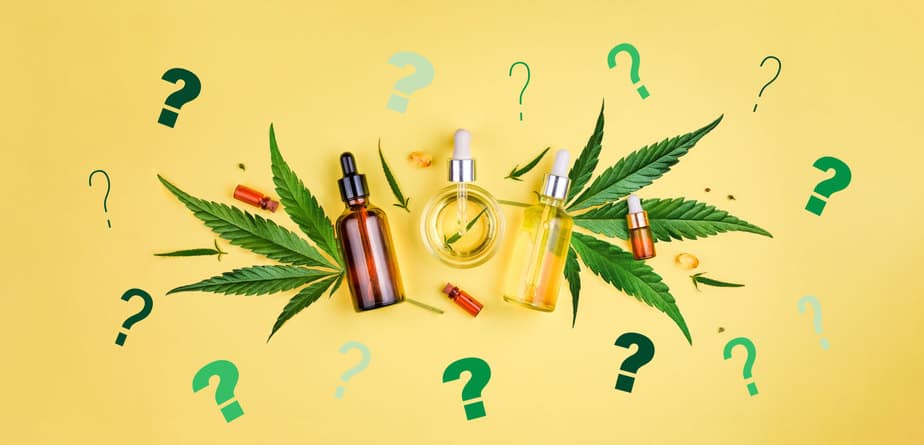
Whether you are shopping for CBD in-person or online, there is a way to do it that is going to help you understand what questions to ask, what products are right for you, and what product you’re getting.
Make sure the CBD is legal. CBD is federally legal, but it does still need to meet some extra guidelines. Some states, particularly those in various stages of marijuana legalization, may allow for marijuana-derived CBD products to be bought and sold. You may also find that some CBD products sold in these states are allowed to contain THC. This type of product still remains illegal at the federal level. In order to make sure your CBD is legal, it should be hemp-derived and have less than 0.3% THC in it.
Sourcing
Find out where the hemp is sourced from. Some companies grow their own hemp to make their CBD, while others purchase their hemp from growers that sell to other companies. You may find that some brands grow proprietary strains of hemp to create their products. Some hemp is grown in the United States and some is grown internationally. You should consider if you have a preference for U.S.-grown or not, and you should consider what farms are growing this hemp. The source hemp is going to influence the quality of the final product.
Dose
Know what the dose is. CBD products are usually sold by milligrams. Because of this, the packaging for these products usually says how many milligrams are in the entire container. Obviously, the more CBD in a product, the higher the dose is going to be. However, the labels can be confusing if you’re not prepared for this fact. If a bottle of CBD oil says that it contains 300 milligrams, you will not be getting 300 milligrams per dose. If that 300-milligram bottle of oil contains about 30 doses, that means you will get about 10 milligrams per dose.
Ingredients
Check the ingredients. Some CBD products contain full-spectrum CBD oil, which is going to include other cannabinoids and compounds from the source plants. Some products contain pure concentrated CBD, called CBD isolate, and have no other cannabinoids present. There are also specially formulated CBD supplements for a variety of ailments. CBD oils for sleep may include things like melatonin or valerian. CBD creams for pain may include arnica or menthol. Check out the ingredient lists on any products you might buy so you know what’s inside them and can avoid anything you don’t want.
Cost per Miligram
Look at the price per milligram. CBD products can vary widely in price. There are some budget products that can cost you as low as $20, but the average price for a bottle of CBD oil is between $50 and $80 for a mid-range dose. The higher the amount of CBD in each product, the higher the price you are going to pay. This can make CBD feel extremely expensive, especially when you look at higher-end products or those with a high concentration.
The best way to make sure that you’re getting the maximum value out of any product you buy is to calculate the price per milligram. If you find that CBD products are a little out of your price range, know that a lot of brands offer discounts for veterans and students, for those with certain illnesses, and more. Subscription plans and cost-assistance programs are also available from some brands to help people more easily afford their products.
CBD Glossary of Important Terms
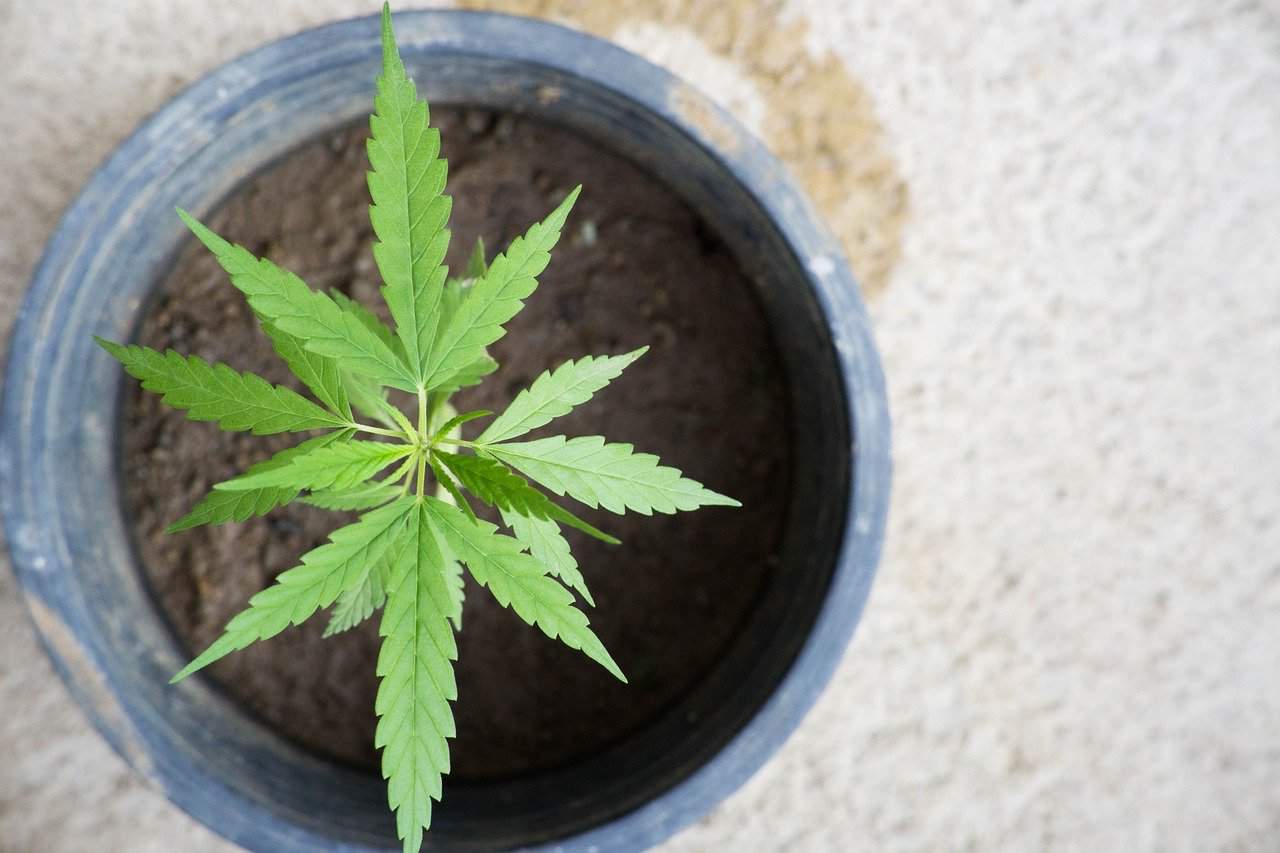
When you’re just starting out on your journey with CBD, there is a lot to learn, and there are a lot of terms you’ll come across often when researching CBD for what CBD products to buy. Here are 10 of the most common terms you should know.
- Bioavailability: Bioavailability is a medical term that refers to how much of a drug is absorbed by your circulatory system and how quickly it happens. For any substance you take in a non-intravenous manner, bioavailability refers to how much of the actual dose your body will absorb. When it comes to CBD, bioavailability is going to refer to how much CBD you’ll actually absorb in the body when you take a certain product.
- Broad Spectrum: Broad-spectrum CBD products are those that include additional cannabinoids, terpenes, as well as other compounds. Broad-spectrum CBD products contain no THC—not even in trace amounts. This can also refer to specially formulated CBD supplements that include specific other cannabinoids or compounds but are not comparable to full-spectrum products.
- Cannabis Oil: Cannabis oil is not to be confused with CBD oil. This is an oil that is derived from cannabis and usually refers specifically to oils with high percentages of THC. Cannabis oil is a marijuana product and is widely illegal except in the states that have legalized the plant for medical use, recreational use, or both.
- COA: COA is an acronym that stands for certificate of analysis. Sometimes you might see this called a certificate of authenticity, third-party lab results, or just lab results. This is a document provided by the company or manufacturer that shows test results that verify the quality and purity of the CBD in their products. Because there are no broad regulations on the CBD industry, you should be looking for and very easily find the COA for any product you buy.
- Entourage Effect: The Entourage Effect is a term to describe the synergy of multiple cannabinoids and other cannabis compounds. The cannabis plant is full of hundreds of cannabinoids, terpenes, flavonoids, vitamins, minerals, amino acids, and fatty acids. When you consume a broad-spectrum or full-spectrum CBD product, you’re also getting all of these other compounds. Research and anecdotal evidence suggest that the effects of CBD and other cannabinoids are stronger when consumed together.
- Full-Spectrum: Full-spectrum CBD products are those that contain all of the other cannabinoids and other substances found in the cannabis plant. Because of legal regulations, these products do still contain less than 0.3%.
- Hemp Oil: Hemp oil refers to the oil extracted from hemp seeds. You may see it called hemp seed oil. Hemp oil can be used in cooking, but it is most commonly used in skincare and beauty products. This is not the same as CBD oil, and hemp oil products do not contain CBD or any other cannabinoids.
- Isolate: CBD isolate is another type of CBD that is sold and used in other CBD products. This type of CBD goes through an extensive filtration process after extraction and is free of any other cannabinoids or chemicals.
- Phytocannabinoid: Phytocannabinoid is a more technical term that just refers to cannabinoids derived from plants. This is used to differentiate those cannabinoids from our own endocannabinoids. In most cases, you’ll just see them called cannabinoids.
- Terpenes: Terpenes are another type of chemical that can be found in cannabis plants. They are what provide cannabis with its taste and flavor. Broad-spectrum and full-spectrum CBD products contain cannabinoids, which will give them a more earthy or pungent taste reminiscent of the smell of cannabis.
Common Questions About CBD
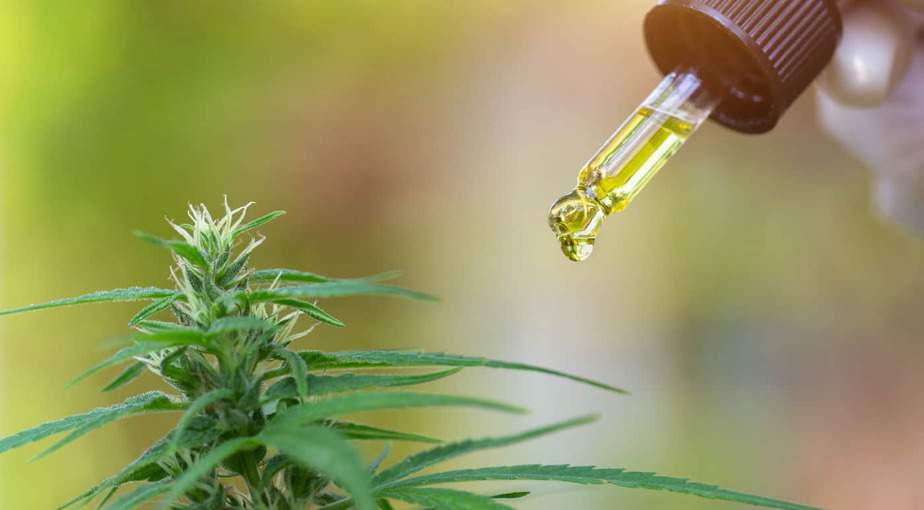
Can CBD Get You High?
One of the first things discovered about CBD is that it is not responsible for the mind-altering effects we associate with marijuana consumption. The chemical that gets you high when you consume cannabis is tetrahydrocannabinol, or THC. As you know, there are strict regulations that limit the presence of THC in any CBD products. CBD is very different from THC and doesn’t get you high at all.
There is some debate on whether or not CBD is psychoactive or not. For a substance to be considered psychoactive, it simply has to affect the mind, and CBD does make you feel different. It is widely purported that CBD is not psychoactive because it doesn’t produce the same cognitive impairments, euphoria, and sedation that we associate with THC. Some experts disagree, claiming that CBD is psychoactive because studies have shown that it affects the mind and mood in a variety of ways.
Regardless of your opinion on whether or not CBD is psychoactive, the feelings you get from CBD are not the same feelings you’d get when you’re high. It will not impair your judgment, memory, focus, or ability to drive or use other equipment. It is not intoxicating in any way.
What Dose of CBD Should I Take?
There is no established dose of CBD. People of all ages and sizes use CBD for all different reasons and symptoms. Your age, weight, and sex, along with the nature and severity of your symptoms are all going to play a role in how much CBD is right for you. Doses will also have different effects based on the delivery method you choose.
You can find doses from 10 milligrams to more than 100 milligrams of CBD per serving. In order to figure out how much you need, think about the results that you are seeking through using the cannabinoid. If you are taking it for general wellness, you will need significantly less than someone who is battling insomnia or living with arthritis.
It is up to you to determine what dose is right for you based on the results you are seeking and the way that CBD is helping you experience those results. It is an experimental process to pinpoint that perfect amount. You should always start with a small dose, record your experience, and increase the amount incrementally until you get where you want to go.
Will CBD Make Me Fail a Drug Test?
CBD itself will never make you fail a drug test. CBD is not a drug, and it is completely legal to use. Standard drug tests do not even look for CBD; the only cannabinoid that they look for is THC. THC is the illegal chemical in marijuana that produces the high associated with its consumption.
Because THC is federally illegal, there are regulations that ensure that CBD products can not contain more than 0.3% THC. Full-spectrum CBD products meet those guidelines but they may contain trace amounts (less than 0.3%) of THC. You can not get into any legal trouble for consuming these trace amounts of THC, but they may trigger sensitive drug tests, especially if you’re someone who relies on high doses of your CBD products.
Broad-spectrum CBD products provide you with all of the added cannabinoids and other compounds that provide the entourage effect but they do not contain any THC. CBD isolate products are completely pure CBD so they are also free of any THC at all. If you’re concerned about the presence of trace amounts of THC in your system, then you should stick to CBD that falls into one of these categories instead.
